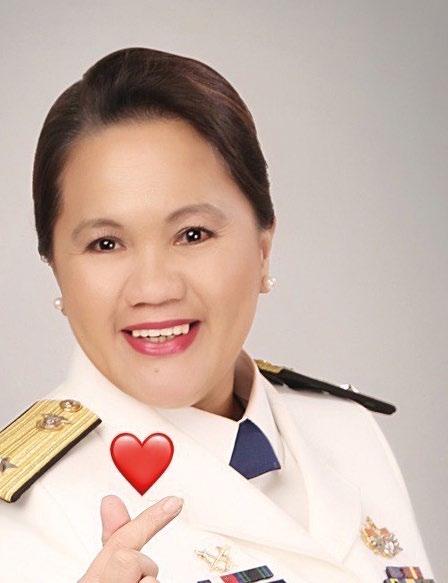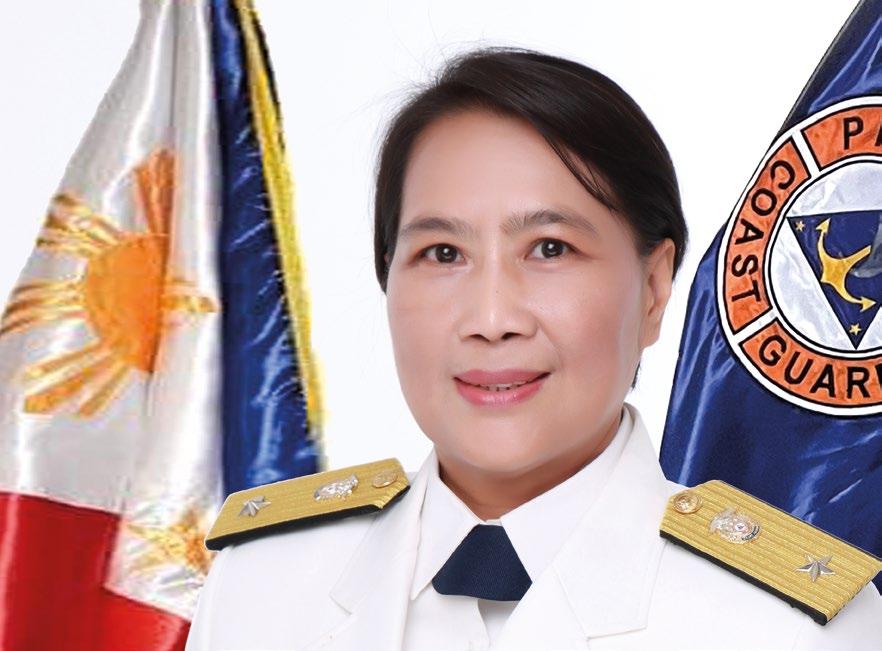WMU VOICES






Study at WMU. Change your life.

MSc in Maritime Safety Administration (Nautical)
Republic of Korea
Secretary-General of the International Maritime Organization
Chancellor of the World Maritime University

FOREWORD BY THE CHANCELLOR KITACK LIM
THIS NEW PUBLICATION, WMU VOICES, SHOWCASES THE PERSONAL STORIES AND SUCCESSES OF WORLD MARITIME UNIVERSITY (WMU) ALUMNI.
I am proud to be a WMU graduate of the Class of 1991. I have been honoured to work closely with other WMU alumni, both as staff of the International Maritime Organization (IMO) and as members of national delegations to meetings of the IMO Assembly, Council, Committees and Sub-Committees. I have met many alumni in their home countries during my missions and I can truly say that the bonds formed with my classmates of three decades ago remain strong – they count amongst my most loyal and trusted friends.
The University counts more than 5,900 graduates. The average age of a WMU student is 33 at enrolment, while 75% have been promoted to a more senior position by the end of the year after graduation. The proportion of female students has risen from 3% in 1983 to 34% in 2022. These are unequivocally good statistics; however they do not give an insight into the lives of our graduates.
WMU Voices has a special purpose: it is the University’s way of opening a window into the world of our alumni and to allow them to tell their own stories in their own voices. A number of graduates have been invited to describe how their studies at WMU have impacted their lives, work and careers. Some are young, recent graduates. Others are mature professionals, with decades of knowledge and experience. Together, they offer a kaleidoscopic picture of the alumni from WMU’s first 40 years and their own contributions to the maritime and oceans community.
WMU is a special institution with a remarkable purpose: to provide the international maritime community with the lead centre for advanced maritime and ocean education, with a view to promoting the achievement, globally, of the highest standards in matters concerning maritime safety, security, efficiency of international shipping, prevention and control of marine pollution and other marine and ocean issues. But we must never forget that it is the people that benefited from those specialized studies that make the University great and solidify its success, as an important agent of sustainable maritime development.
WMU Voices 3
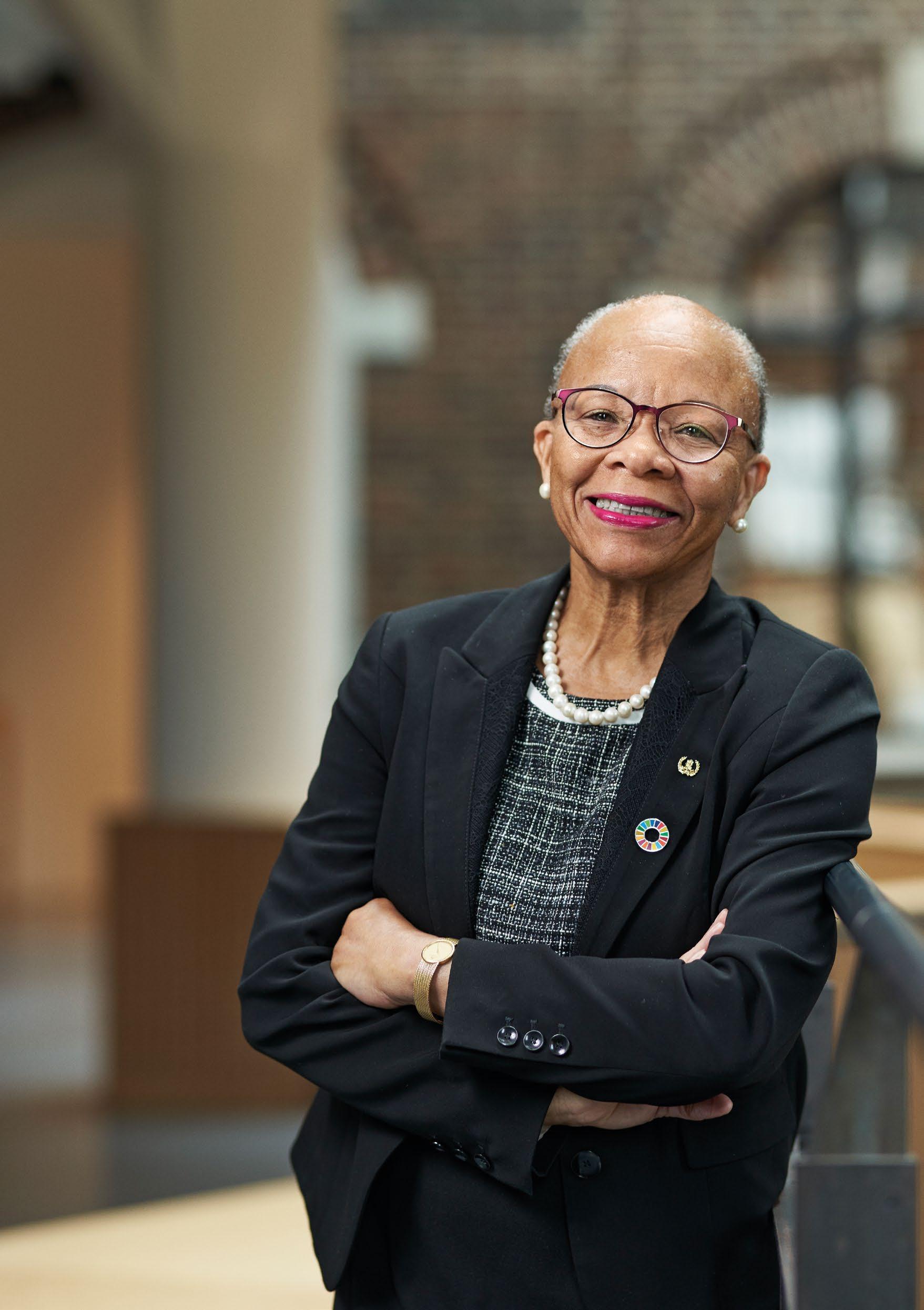
PRESIDENT’S INTRODUCTION CLEOPATRA DOUMBIA-HENRY
Since I joined WMU in 2015, I have been struck repeatedly by the outstanding calibre of our students and the impacts being made by our graduates. WMU is a remarkable institution, with an ethos, function and mission quite different from a national university.
Our programmes are suffused with two ambitions. That the graduates are equipped to assist in fulfilling the International Maritime Organization’s Mission: “to promote safe, secure environmentally sound, efficient and sustainable shipping through cooperation”. And that, in every activity, they take into account the need to meet the United Nations’ Sustainable Development Goals by 2030. From life under water to gender quality, from good governance to climate action and sustainable economic growth, our graduates all understand, appreciate and support these ambitions.
Our alumni have risen to extraordinarily responsible and senior positions in the service of their countries. This collection of profiles of a small number of our graduates has been designed to give insight into their lives and work. They are just ten of our six thousand alumni worldwide, chosen to represent our graduates at different stages of their lives. They are telling typical stories, but each of them is extraordinary.
Our alumni are something much greater than the sum of individuals. They all have something precious in common: common values and common goals. This fosters the sense of solidarity, the spirit of connection, and is a magic ingredient that assists them to survive and flourish, a glue of common purpose to achieve our goals.
Since the University was founded by IMO in 1983, it has become an increasingly important player in the international maritime and oceans fields, entirely through the impact of our alumni. I hope you have enjoyed the glimpse into their lives that WMU Voices offers.
WMU Voices 5
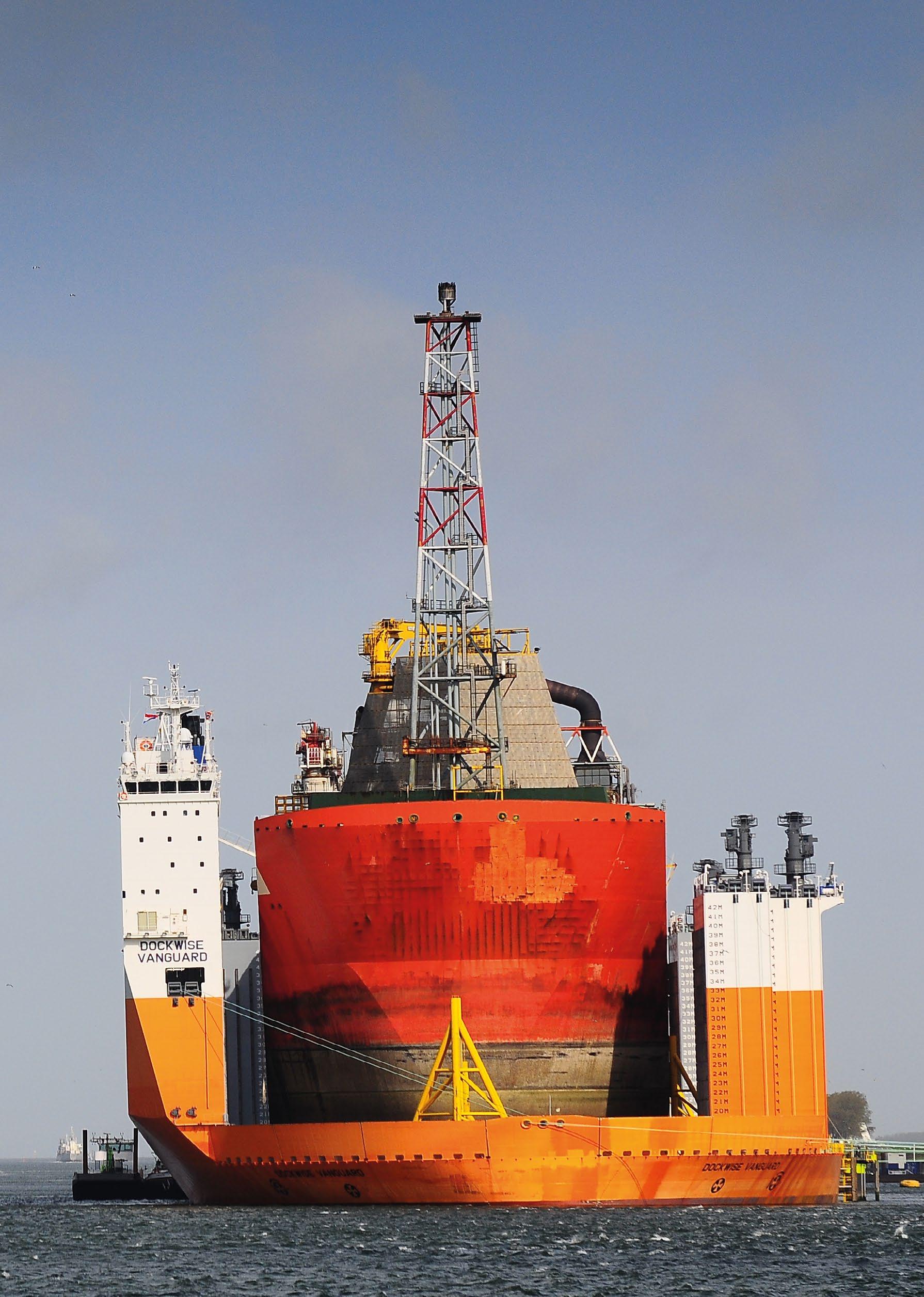
GRADUATING FROM WMU IS ONE OF THE ACHIEVEMENTS I AM MOST PROUD OF IN MY CAREER.
DWIGHT CR GARDINER OBE
Master of Science in Maritime Safety Administration (Nautical), 1990

Antigua and Barbuda
Commissioner, Antigua & Barbuda Port Authority
Director/Registrar General, Antigua & Barbuda
Department of Marine Services
Permanent Representative of Antigua & Barbuda to the International Maritime Organization

My decision to enrol at the World Maritime University was one of the most impactful decisions I made during my formative years as it opened up the career path which I have dedicated myself to over the last 35 years.
The history of WMU within the IMO system is one of targeted development for nationals of developing countries who in turn go on to make significant contributions to their respective countries. I will always be immensely grateful for the privilege of having being selected for a fellowship which has allowed me to make significant contributions to the maritime sector not only in Antigua and Barbuda but the Caribbean region as whole.
The value of the experience lies not only in the quality of the education but the opportunity to immerse myself in a diverse multicultural space representative of IMO and other international forums. This diversity allowed me the opportunity to develop the skills and gain an understanding of the nuance involved in international relations which has enhanced my ability to represent my country on the international stage. My time at WMU also significantly contributed to my personal development as the time far from home and in an unfamiliar environment tempered my resolve and maturity. When I represent Antigua & Barbuda at the IMO, it is easy for me not just because of the practical knowledge I gained but the skills in diplomacy I gained at WMU.
Graduating from WMU is one of the achievements
I am most proud of in my career as it put me in a formidable position to further my career and develop my passion for representing Antigua & Barbuda in the maritime sector.
WMU Voices 7
THEN
ADRIANA QUESADA JUAREZ
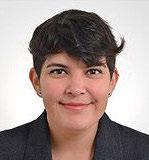
Before starting my Master’s degree at WMU I was a seafarer. I worked onboard very large crew carriers for six years as a deck officer, mainly in charge of navigation. I am from Panama and Panama is a very maritime oriented country. I really enjoyed that part of my life, but when I set out my career goals I was always very clear that I didn’t want to be a seafarer forever. I wanted to contribute more to the international maritime community, and I was looking for a way to do that.
It can be difficult being a female in this field. When I was a cadet there were companies who wouldn’t hire females to work onboard. Even at WMU, there were not many women in my specialization, MEM, but I was never put aside or thought not to be up to par just because I was female. I always felt accepted and included. Being at WMU opened my eyes in so many ways.
I am now studying a PhD, looking at safe manning levels on board vessels. Seafarers are at the core of everything that is going on in the maritime industry –it’s a subject I feel very passionate about. I know that I am just one person, and my contribution to this vast topic is small, but every little bit is worth something. I feel that through my research at WMU I can give back to society.

8 WMU Voices
Master of Science in Maritime Affairs, specializing in Maritime Energy Management, 2020 PhD in progress at WMU
THEN
Panama
YUSUKE MORI

Master of Science in Maritime Affairs, specializing in Maritime Education and Training, 2014
PhD in progress at WMU
Japan Deputy Executive Director, International Association of Maritime Universities (IAMU)

As a child I dreamed of being the captain of a ship and I started as a navigation officer and training instructor. I continued to study maritime education training at WMU, but beyond that I dramatically improved communication skills and academic capacity. I served as the sports chairperson on the Student Council while I was in Malmö, organizing student competitions, pool, badminton, ping pong… It isn’t really maritime related, but the communication skills I learned, between different cultures and different backgrounds was one of my most valuable lessons from WMU.
During my work now I travel the world and meet WMU graduates everywhere! Before studying I didn’t expect such a global network. My ability to communicate and be understood in different audiences serves me well. The Nippon Foundation sponsored my masters and PhD degrees and I am so grateful. Studying at WMU has changed my life, actually!
WMU Voices 9
THEN
EMMA METIEH GLASSCO
I was aware of WMU and its reputation for producing quality graduates in the maritime sector, and this attracted me to apply to build capacity for myself and my country. I’m a great beneficiary of the WMU today because of the wealth of experience, both in terms of technical knowledge and practical knowledge. The programme is so unique in that WMU offers both the theoretical and the practical elements, unlike other universities. With WMU you have practical experts and visit many field sites and gain a wealth of experiences outside the classroom.
As a student, you cannot affect policy, not yet, but you can build networks. I was elected as the president of the WMU Women’s Association and it allowed us to strengthen our ties and build international and regional networks during and after we left the walls of the university. Women play a critical role in the decision making process in the maritime sector, and this helped us build connections and promote visibility.

Today I work using skills I learned at WMU, diplomacy and negotiation. They helped me gain a strong understanding of the sector and I use that to create policy for my country. It has benefitted me a whole lot.

10 WMU Voices
Master of Science in Maritime Affairs, specializing in Ocean Sustainability, Governance & Management, 2017
Liberia
THEN
Director General, National Fisheries and Aquaculture Authority, Government of Liberia
KRISTIJONAS VALATKA

I started off with a Master’s in Maritime Law from another university and after working successfully for four or five years at the Ministry of Transport and Communications of the Republic of Lithuania I realized I needed to deepen and increase my knowledge. I knew many senior colleagues within the maritime sector who were WMU alumni. They pointed out that WMU was a prestigious university, at a high level within its field and they encouraged me to apply.

What also was a strong driving force for me was knowing how international the community was.
I was interested in communicating with people from different countries, so the diversity was appealing. While at WMU I was able to not only increase my knowledge through studies on campus, but also through field studies and opportunities to apply my fresh practical knowledge to real-world experiences. The professors and staff go beyond what they are required to do and the friendships I made at WMU transformed from professional to true friendships. I left with a strong sense of self confidence I gained from the university.
WMU Voices 11
Master of Science in Maritime Affairs, specializing in Port and Shipping Management, 2013
Lithuania
THEN
Business Development Manager, UAB Ferry Bookings
PHILIPPINES
Master of Science in Maritime Affairs, specializing in Maritime Law and Policy
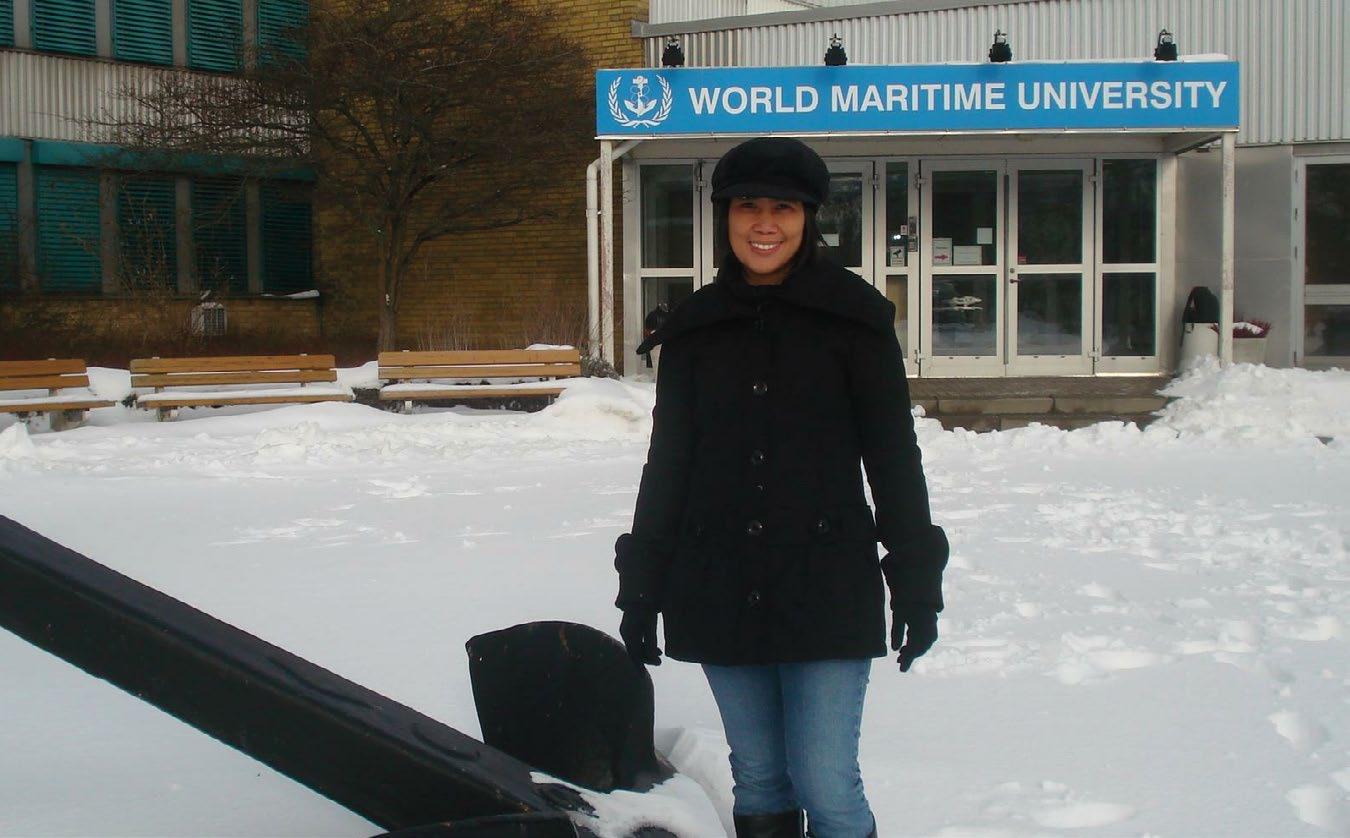
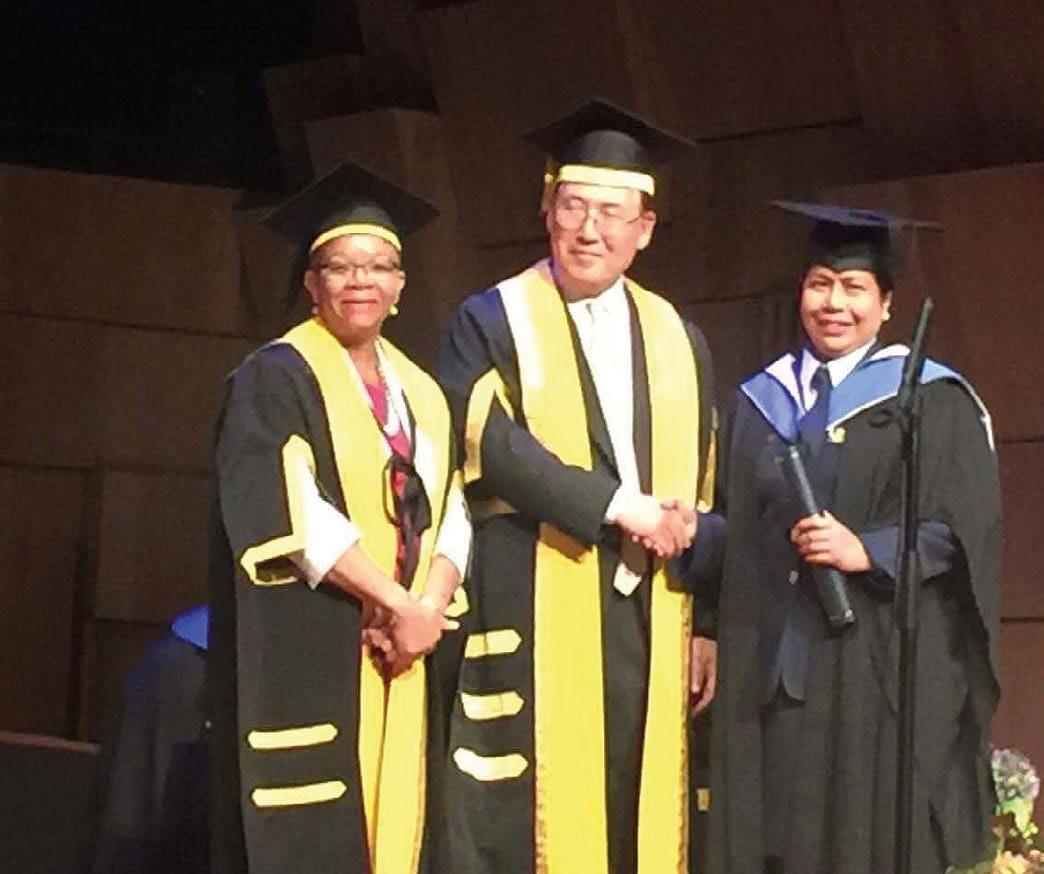
Commodore, Philippine Coast Guard
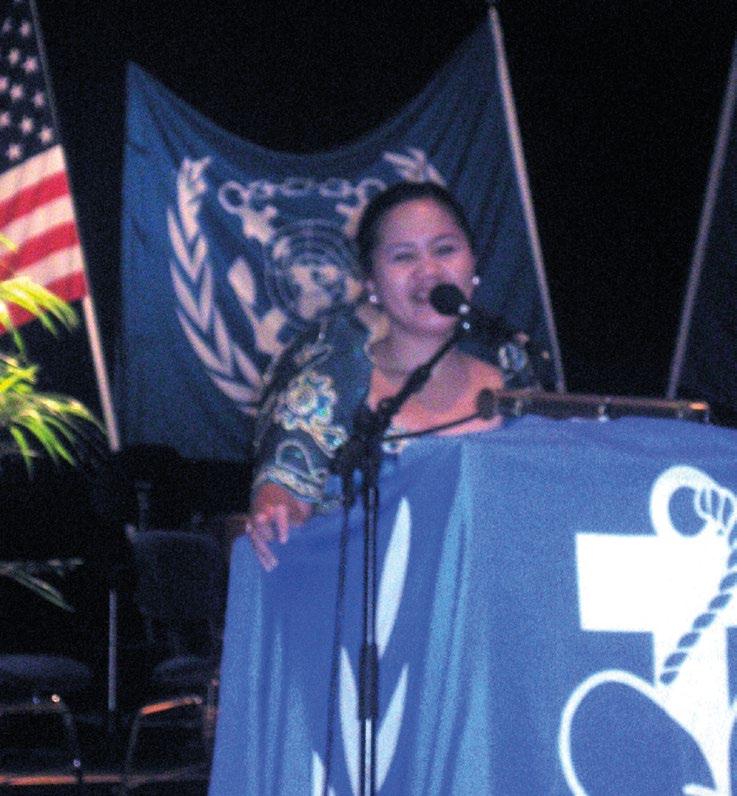
MITZIE SILVA-CAMPO

WMU’s footprint has contributed to a more developed academic and unified maritime industry in our country and the whole world. Undeniably, the best part of being a WMU alumna is having friends all over the world. You can expect a mini-reunion when you attend meetings or conferences overseas!

MARIFEM UBONGEN-ISAAC
I was a junior officer in the Coast Guard when I encountered a lot of senior officers, all WMU graduates. I asked them “what is WMU all about?” It is not only a center of excellence, they told me. It is also an excellent avenue for learning to promote coordination, collaboration, and emerging best practices that can help countries aid in the formulations of their respective maritime policy. The group work I did at WMU was both challenging and exciting, to meld together different students, cultures, and backgrounds. But these challenges provided me with important skills. Skills of diplomacy, patience, communication, and most importantly leadership. This has impacted my career in a profound and positive way.

VIVIEN JANE E. CAY
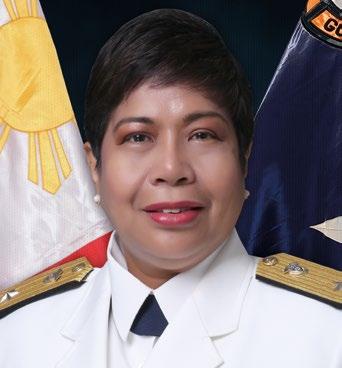
I apply what I learned at WMU across all my work, not just maritime policy knowledge but the leadership skills too. I tell junior officers WMU is what they should be aiming for. It is an education tailor-made for the coast guard and the work we do. It was a full experience and has positively impacted my career path and personal development.
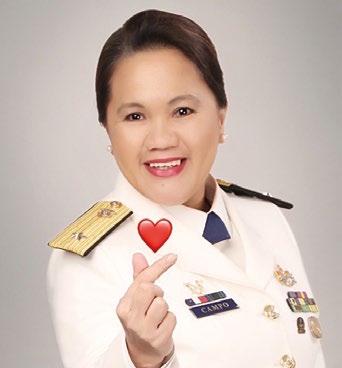
WMU Voices 13
2009 Commodore, Philippine Coast Guard
2017 Commodore, Philippine Coast Guard
2010 Commodore, Philippine Coast Guard
ZHANG XIAOJIE

People’s Republic of China

After my 17 months at WMU, I brought back home two precious gifts with me. One is knowledge of maritime issues. With national maritime labour legislation as the topic for my dissertation, the University provided me with a solid knowledge base in the field of maritime labour issues, through its exceptional academic programme and its resident and visiting professors. This later contributed greatly to my intensive engagement to the consolidating process of maritime conventions and recommendations of the ILO that gave birth of the fourth pillar of international maritime law – the Maritime Labour Convention, 2006.
The other is respect for diversity. In the unique multicultural environment of WMU, I learned how to show respect for and understanding of diverse points of view and how to work effectively with people from all ethnic and cultural backgrounds. This has enormously broadened my career path and enhanced my competence, especially when I had the opportunity to participate in many international negotiations and cooperation and now as an international civil servant.
The establishment of WMU was one of the most effective technical cooperation activities of IMO. The inspirations of the University have gone far beyond just a teaching programme: it is indispensable for a sustainable and better maritime sector.
14 WMU Voices
MSc in Maritime Affairs, specializing in Maritime Safety & Environmental Protection, 1999
THEN
Director, Technical Cooperation Division, International Maritime Organization (IMO)
GOPIKRISNA CHOCKALINGAM
Master of Science in Maritime Affairs, specializing in Maritime Safety and Environmental Administration, 2018 India
Engineer & Ship Surveyor cum Deputy Director General of Shipping (Tech) at Directorate General of Shipping, India
Many of my seniors in the Indian Maritime Administration have been to WMU and every technical officer looks for an opportunity to study at WMU. I got the news I had been accepted to join WMU as I was boarding a flight, I was so happy! I was flying within and flying on a plane!
I had worked within the industry for many years prior to my studies there, but at WMU, I got refined. Being an alumnus of WMU gives a lot of respect in the industry. It helps you to perform better in the international forums and it is the first choice towards capacity building within the sector.

Another special thing about WMU are the field trips which are an essential part of the curriculum. While at WMU, we had the opportunity to visit different institutions in different countries which were well established and see first-hand the best management practices which we can bring back to our home countries. Most importantly, the administration recognizes the potential of the people who are coming to and graduating from WMU, and they supported us all along the way.

WMU Voices 15
THEN
MERCEDES AREVALO


After I finished my Bachelor’s degree and was working, I began thinking of doing a Master’s degree. I heard that there was a university connected to the UN which offered degrees connected with what I loved: the environment. I received the email that I was accepted for a Sasakawa Fellowship on my birthday, I was so happy.
As soon as I arrived in Sweden I knew it was my destiny. I loved everything about it. The University, the staff, the professors, and this international aura you feel while there. People from around the world, 45 different countries starting with me. That was so amazing. You get to know the other students and you get to know yourself too, you are challenging your own boundaries too, and if you allow it, it makes you a better person. It was a life changing experience to connect to each other, not just intellectually, but really to build up life lasting relationships.
And the most important thing is when we have values alike it doesn’t matter if you’re a different religion or from a different country or working on climate change or port management. If we have the same values and the same goals in terms of life, we can just connect and build a family with that. Learning other people’s opinions on how they attack a challenge back at home in terms of policy making and development can help us all to overcome these challenges.
16 WMU Voices
Master of Science in Maritime Affairs, specializing in Ocean Sustainability, Governance & Management, 2021
Bolivarian Republic of Venezuela
THEN
Director of Adaptation to Climate Change, Government of Venezuela
DR. SAFAA AL-FAYYADH

I joined the university in 2009. At first it was very difficult. As it says in the WMU song: “different cultures and different languages but we are never alone!” Once I had graduated with my Master’s degree and was thinking of a PhD I was again unsure, but I had strong support from the faculty. They told me, “We know you, we know your ability, and we know you can do it.” Throughout my time there the professors were very open to listening to the students; we were learning from each other. This is very different from any other institution. Another difference is the reason why WMU was established. The graduates of the school go back to their home countries and share the knowledge they gained.
When I graduated with my PhD the IMO SecretaryGeneral shook my hand and told me “You will be a very good asset to your country.” My country needs this kind of knowledge, and I got my job as DirectorGeneral because of my degree from WMU. Many people ask me for my advice “Should I go to WMU? What specialization should I choose?” I am always encouraging my colleagues to take this big step, do not be afraid. Do not be afraid of failing or the difficulty of the academics. There may be challenges but there are people at WMU who will help you.

WMU Voices 17
2010 Master of Science in Maritime Affairs, specializing in Port Management, 2010 PhD, 2017 Iraq
THEN
Director-General, General Company for Ports of Iraq
TSEPISO TAOANAMASHILOANE

Master of Science in Maritime Affairs, specializing in Maritime Safety & Environmental Administration, 2014

South Africa
Chief Director: Maritime Safety, Security & Environment, Department of Transport, Government of South Africa
I come from a scientific background, as somebody who had a background in botany, zoology, and environmental management before WMU. I’m not a seafarer. But I can proudly say that I am a maritime administrator, thanks to WMU. I have been taught, did practical work, and now am at the helm of implementing safety and environmental conventions. I have been to the IMO, participated in Committees and the Council and enjoy advancing the work they do there. I was able to move up career wise thanks to the background I gained in Malmö that helped me to better understand the sector and engage with industry professionals.
My time at WMU was also worthwhile in the sense that you interact with different cultures, with different nationalities and it builds your profile in terms of diplomatic communications and resiliency. Because the maritime industry is international. Those relationships we built in Malmö are still there today. If I need a contact in Kenya I have one. In Panama, I have one. It makes collaborative efforts easier and more worthwhile, both in terms of partnerships and sharing knowledge.
The greatest impact I gained from having gone to WMU is the personal development which has taken me from one level to another. WMU is recognized across the industry for doing remarkable work and building capacity of the State.
18 WMU Voices
THEN
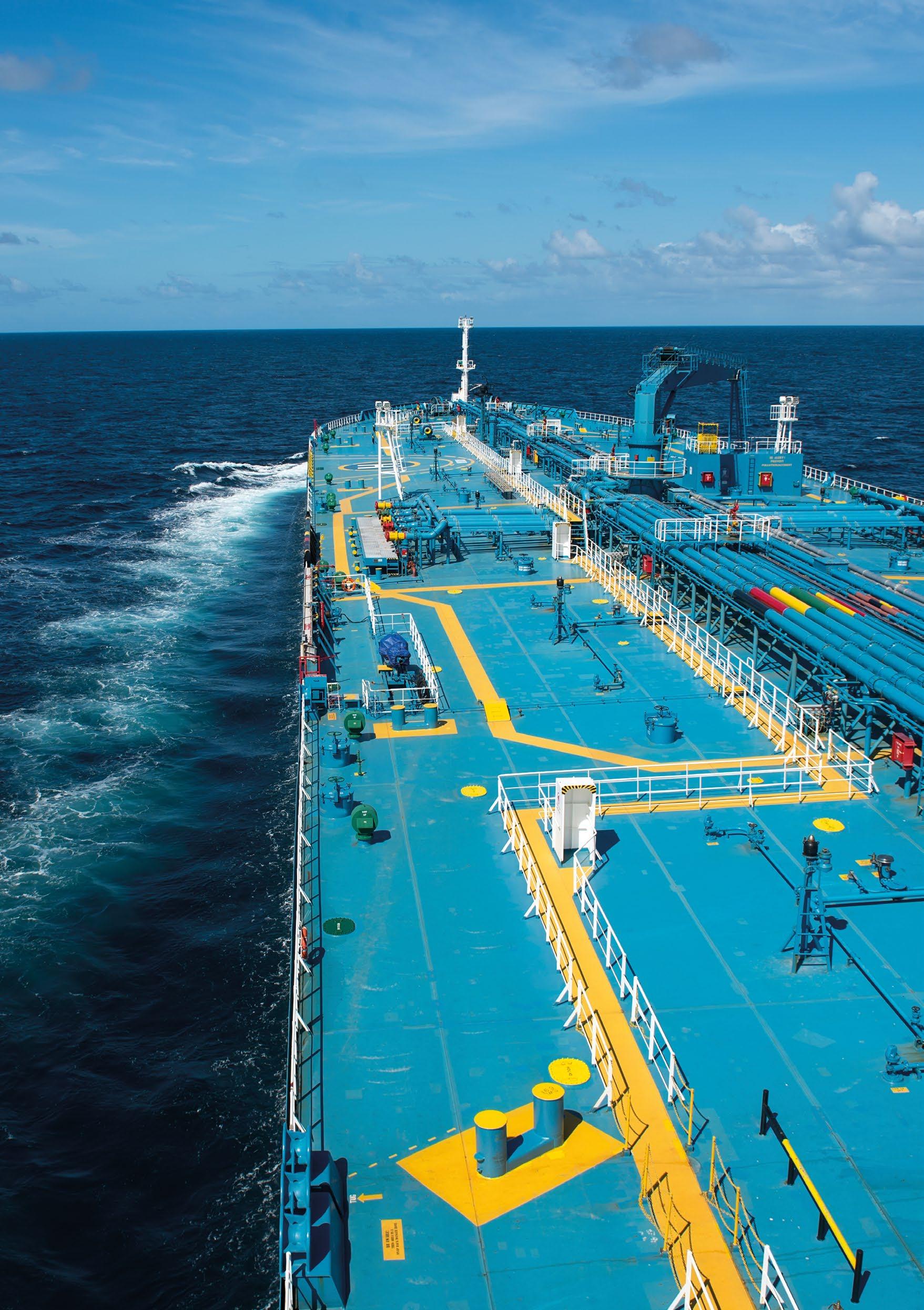
I CAN PROUDLY SAY THAT I AM A MARITIME ADMINISTRATOR, THANKS TO WMU.
IAN SULZER
Master of Science in Maritime Affairs, specializing in Port Management, 2021


USA Lieutenant Commander (LCDR), United States Navy Reserves
Strategic Sealift Officer, Merchant Mariner
I decided to go to WMU during the height of the pandemic. I wanted something outside of the traditional United States graduate system where I could meet people I would not normally meet. WMU is so diverse, so that kind of sealed the deal, because it was just such a unique experience. Not a lot of people are comfortable moving to another country that they know nothing about, but it was a noteworthy experience, and, in my shoes, I would do it again. I thought, “I only get one chance to do this” and I took it and it was absolutely worth the risk. I learned an immense amount from the people I met. We all came from different backgrounds but worked together, learned together. We still keep in touch! I served as the Port Management representative for the student council and it taught me to work within groups of varied cultural backgrounds, often we had to adjust or learn the best way to engage people. Since graduation I have been promoted to Lieutenant Commander and am driven to pursue a PhD. My selection for promotion, the foundations of my Mariner career, and my future plans all evolved from my studies and experiences at WMU. My life has changed significantly since choosing to attend WMU.
20 WMU Voices
THEN
DR AMOS HOSEA KUJE


I joined WMU’s 9-months accelerated MSc programme in 2005 from the Joint Maritime Labour Industrial Council (JOMALIC). It was very intense, and unlike students on the longer standard programme, I had little time for anything but my studies. It was like a 100-meter race – at the blast of the whistle, you must start and sustain momentum until the finish line. I was eager to know how a country can contribute to improving its maritime industry in the context of maritime policy and it was achieved with my focus reshaped.
My understanding and analysis of the importance of maritime conventions and their application at national and international levels changed for the better. These development contributed to my commitment and active participation in the ratification and implementation of the Maritime Labour Convention, 2006. I continued to promote seafarers’ welfare and this passion led to a PhD in Maritime Studies at the University of Greenwich in London in 2019. At the Nigerian Maritime Administration and Safety Agency (NIMASA), I worked and rose to the position of Deputy Director before my voluntary exit in 2022.
WMU is a place that will upscale your knowledge and experience, particularly in what is possible and the technical strategies for implementing international maritime conventions at the highest level. WMU has indeed lived up to its goals as IMO’s school that has produced maritime experts for the global maritime industry.
WMU Voices 21
Master of Science in Maritime Affairs, specializing in Maritime Education & Training, 2005
Nigeria
Regional Advisor on the Maritime Labour Convention
THEN
Formerly Deputy Director of the Nigerian Maritime Administration and Safety Agency
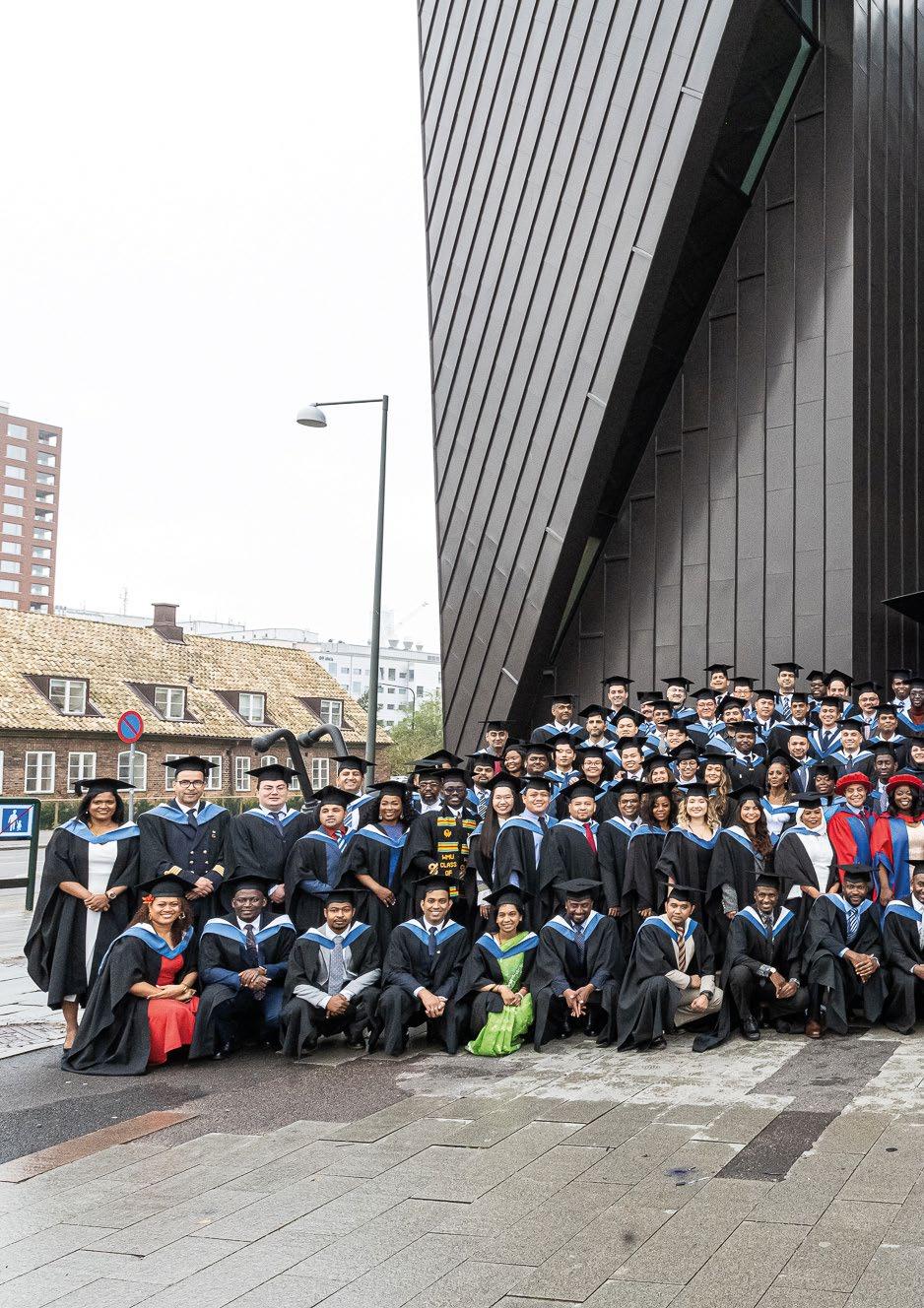
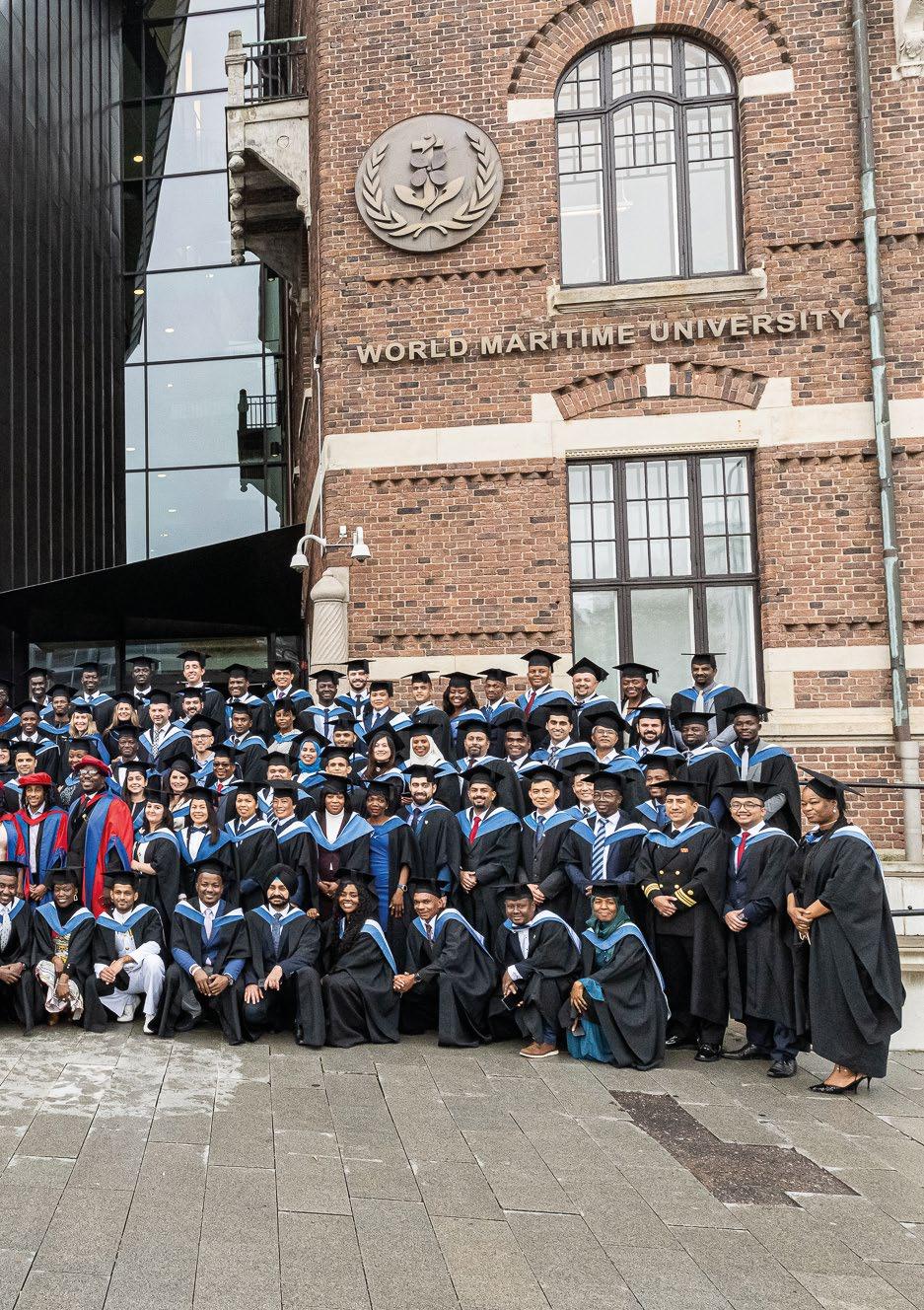
World Maritime University
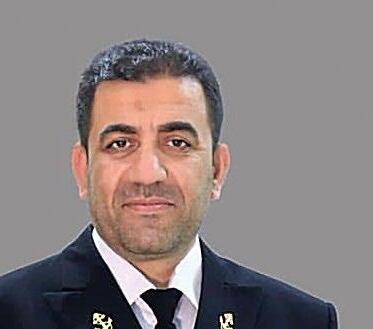
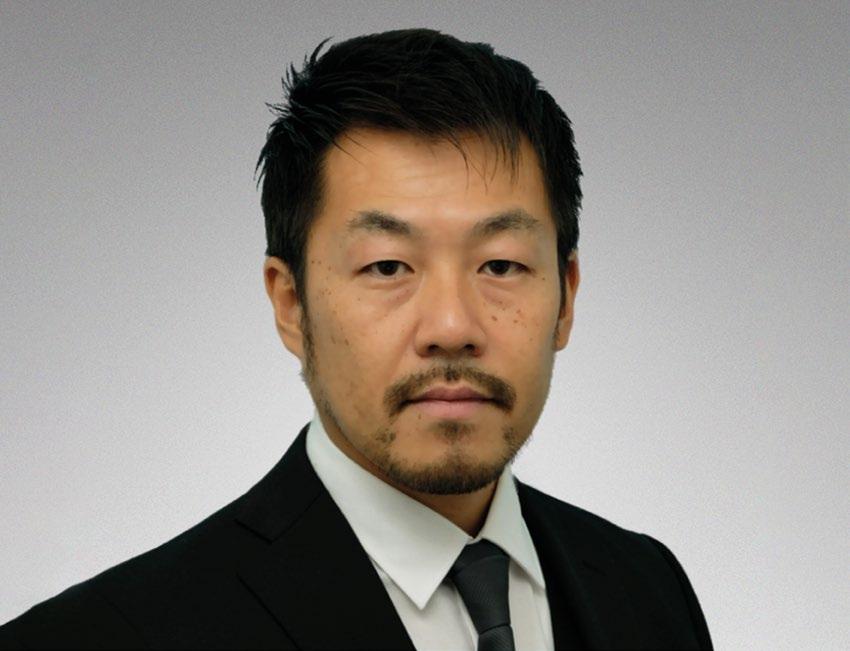
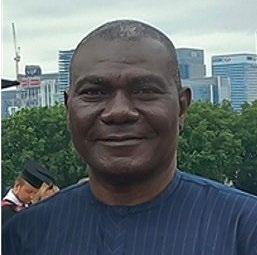
PO Box 500
S-201 24 Malmö
Sweden
www.wmu.se
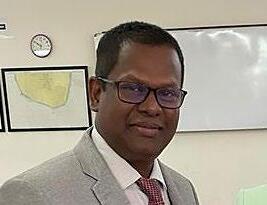
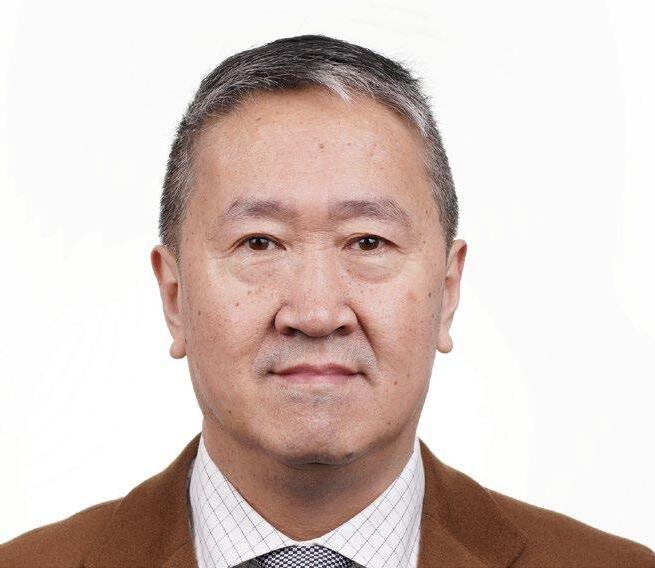
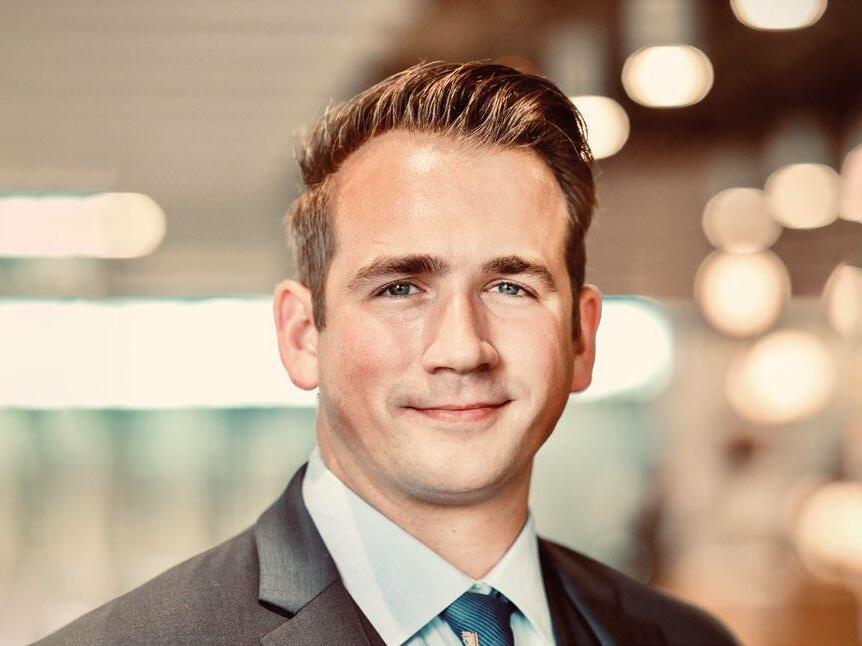
The World Maritime University was established in 1983 under the auspices of the International Maritime Organization, a specialized agency of the United Nations.
